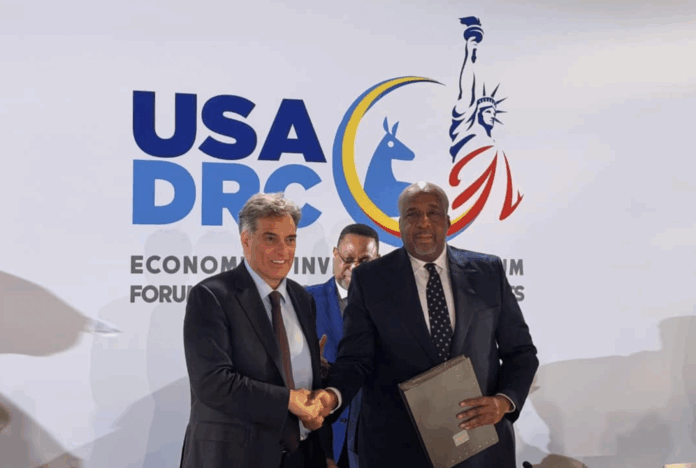The long-term economic partnership between the United States and the Democratic Republic of Congo, formalised at the U.S.–DRC Economic Forum in Washington, marks a strategic turning point in Africa’s economic landscape. Far from being a routine investment event, this forum symbolises a mutual commitment to a new model of development : one based on transparency, reciprocity, and trust.
Prime Minister Judith Suminwa Tuluka set the tone with a message that reflected both assurance and strategic intent: “This Forum represents our shared will to build a sustainable, equitable partnership founded on trust, transparency, and complementarity.” This statement was met with a clear signal from Washington. America now sees the DRC as a credible, long-term ally on the African continent.
With a population exceeding 100 million and vast reserves of untapped critical minerals, the DRC is no longer a passive recipient of aid but a central actor in global economic realignment. Discussions at the Forum prioritised infrastructure, renewable energy, and digital technology. One of the most prominent announcements was a $1.5 billion hydroelectric transmission line connecting Angola and the DRC, driven by the U.S.-based Hydro-Link LLC. This project illustrates how investment is being channelled into durable, transformative assets.
Strategic Response to the Global Minerals Race and Supply Chain Security
This long-term economic partnership is unfolding against the backdrop of a global race for critical minerals. The DRC possesses substantial deposits of cobalt, lithium, and copper, essential to the green energy transition and next-generation technologies. As the U.S. seeks to reduce its dependence on Chinese supply chains, it is repositioning the DRC as its primary African partner. This is not just strategic diversification; it is a geopolitical recalibration with far-reaching implications for the global economy.
Aware of this growing importance, the Congolese government is implementing structural reforms to make the country more competitive. These include tax simplification, digitalisation of public services, and the creation of special economic zones aimed at increasing domestic industrial capacity. According to Prime Minister Suminwa, these reforms are not cosmetic, they are a matter of economic sovereignty. The DRC no longer wants patrons. It seeks co-investors aligned with its national development agenda.
In this context, the U.S.–DRC alliance signals more than just foreign investment. It heralds a new era of economic diplomacy where long-term cooperation replaces dependency. As global powers compete for access to strategic resources, the DRC is emerging as a key player, not only for Africa’s growth but for the world’s sustainable future.


